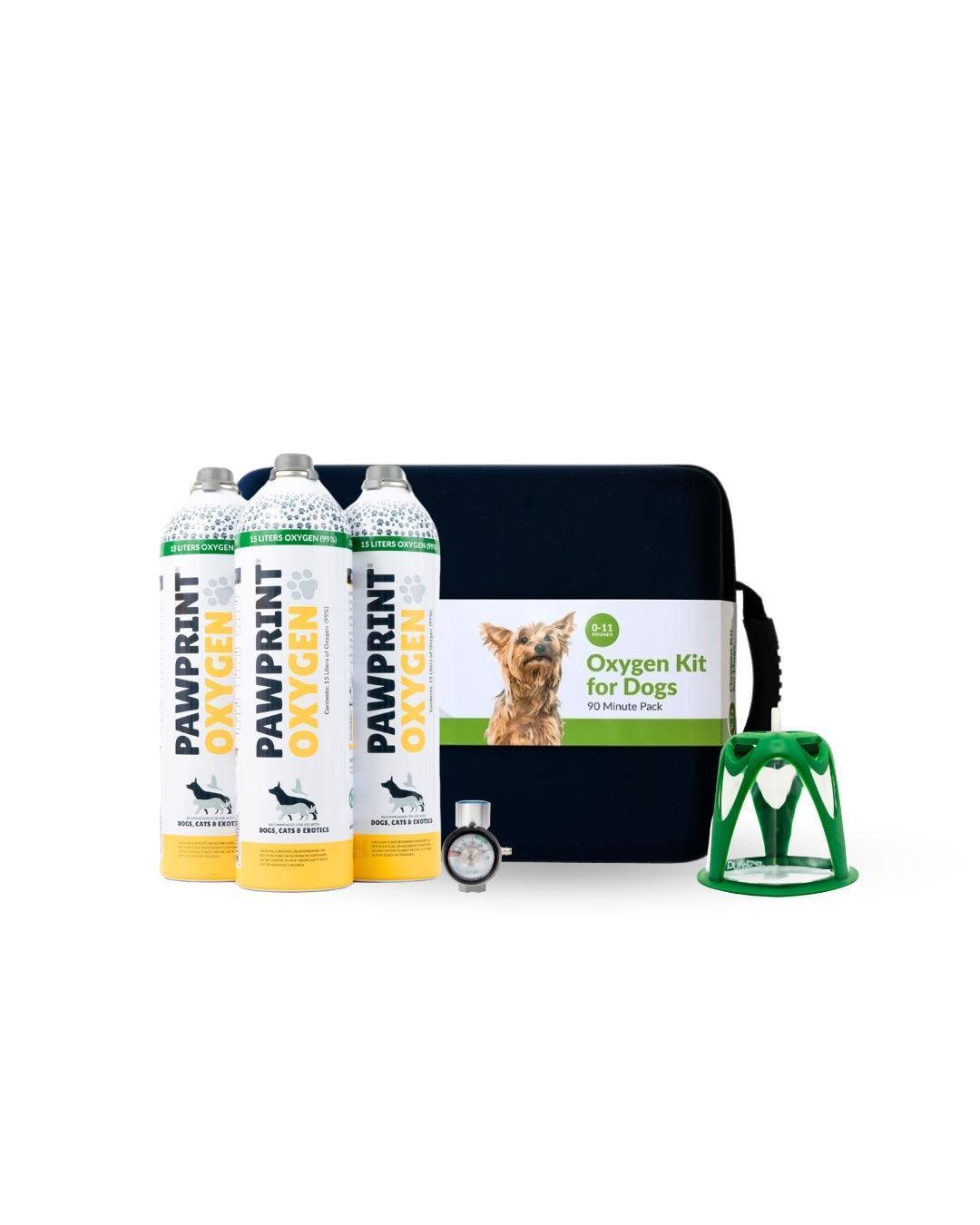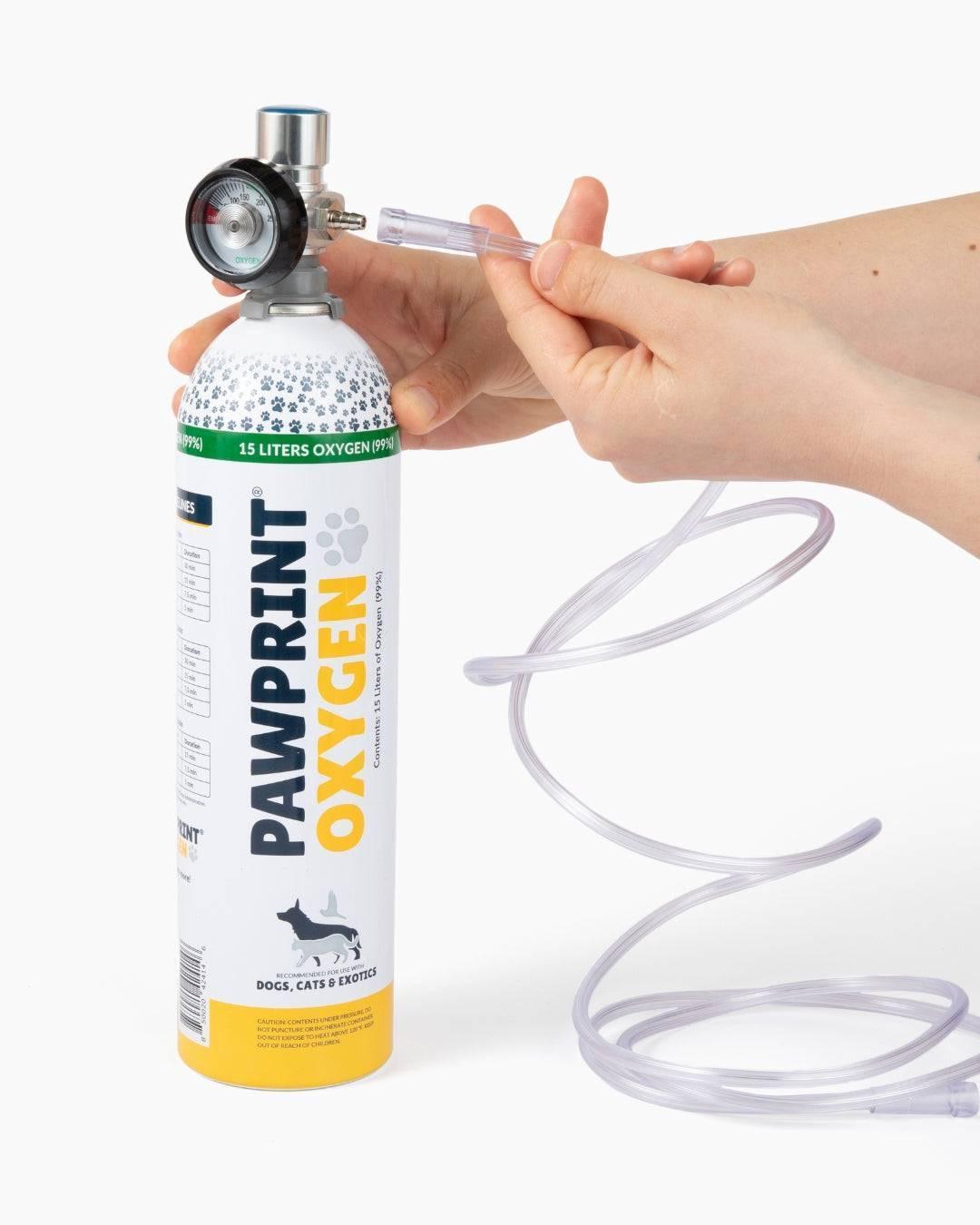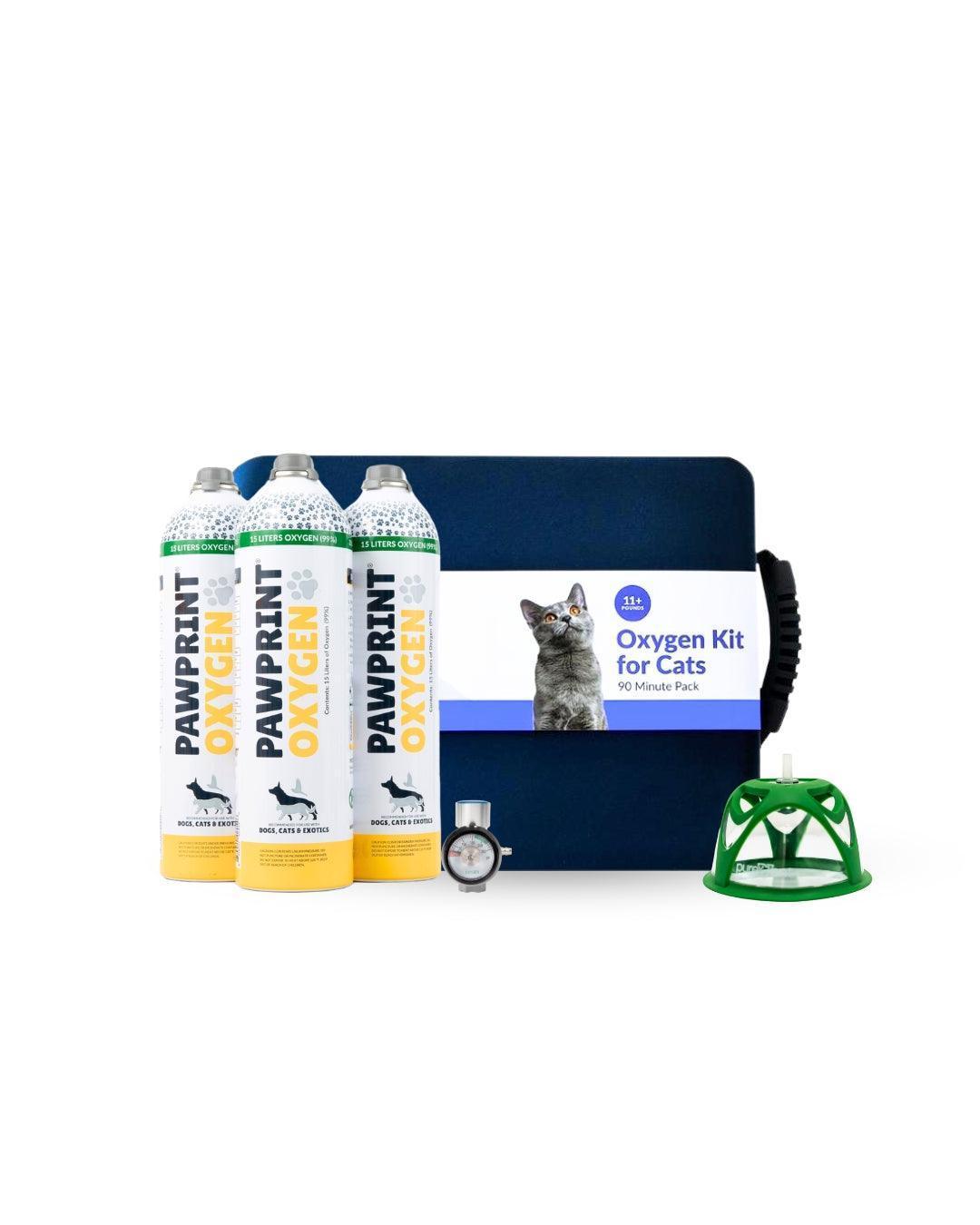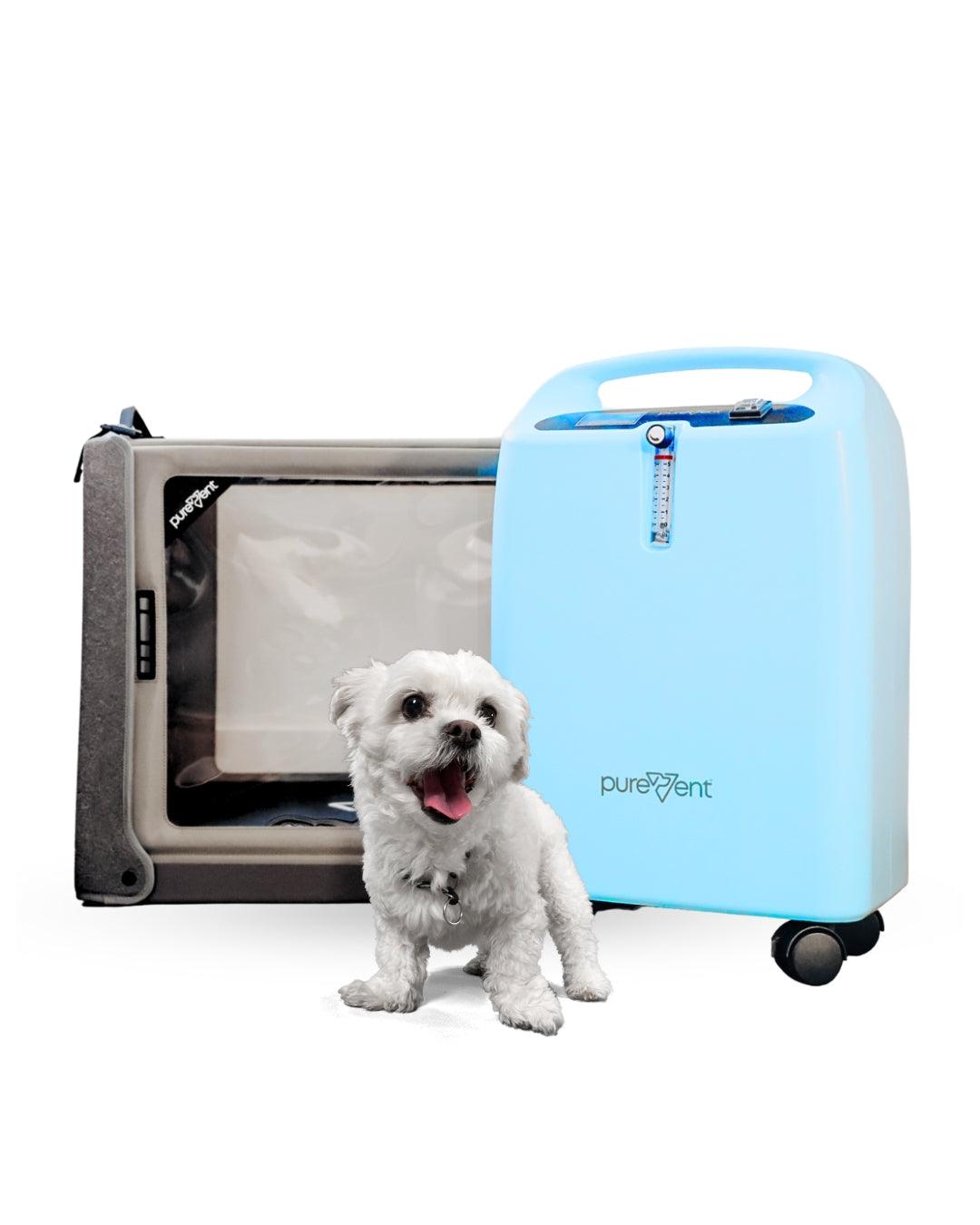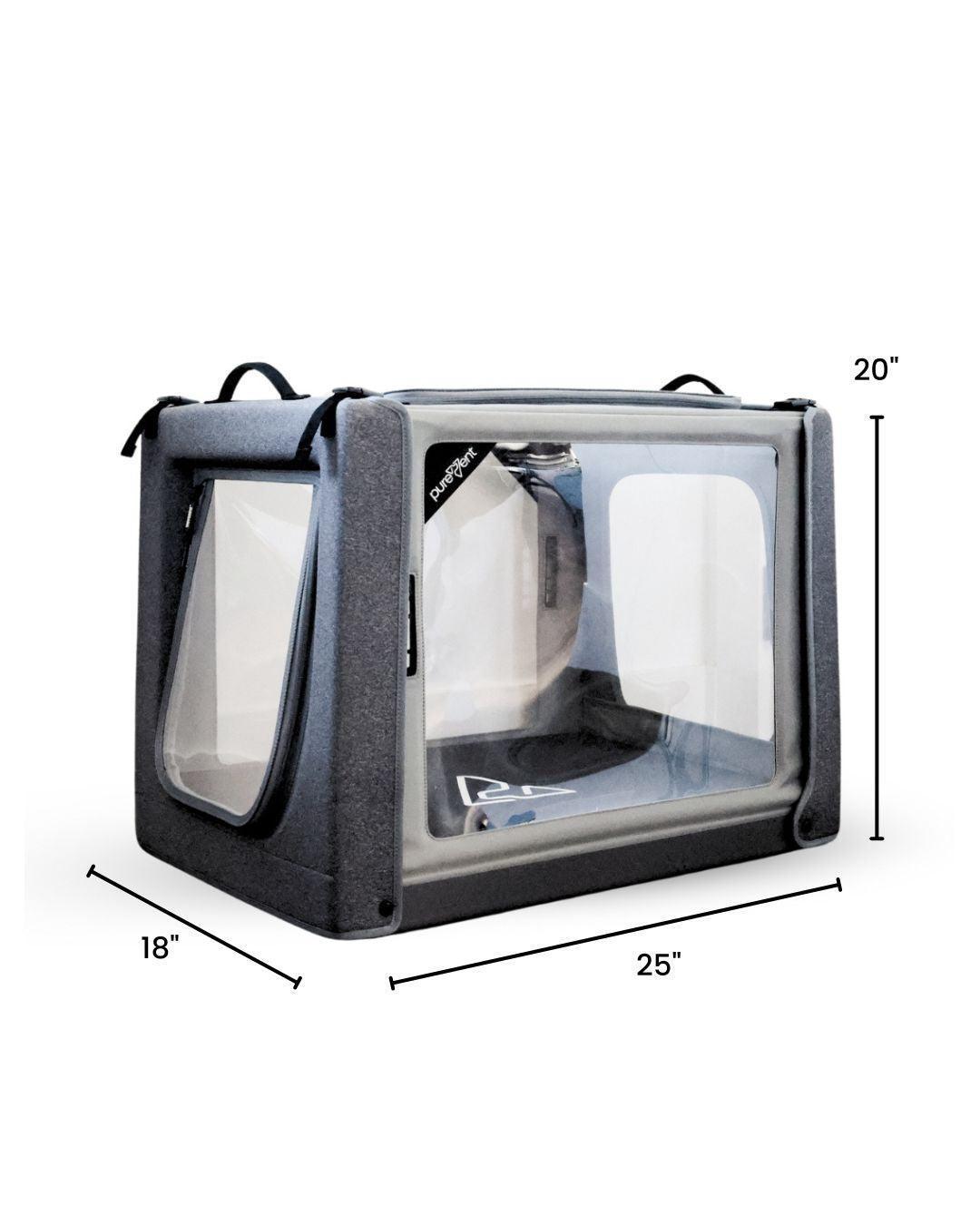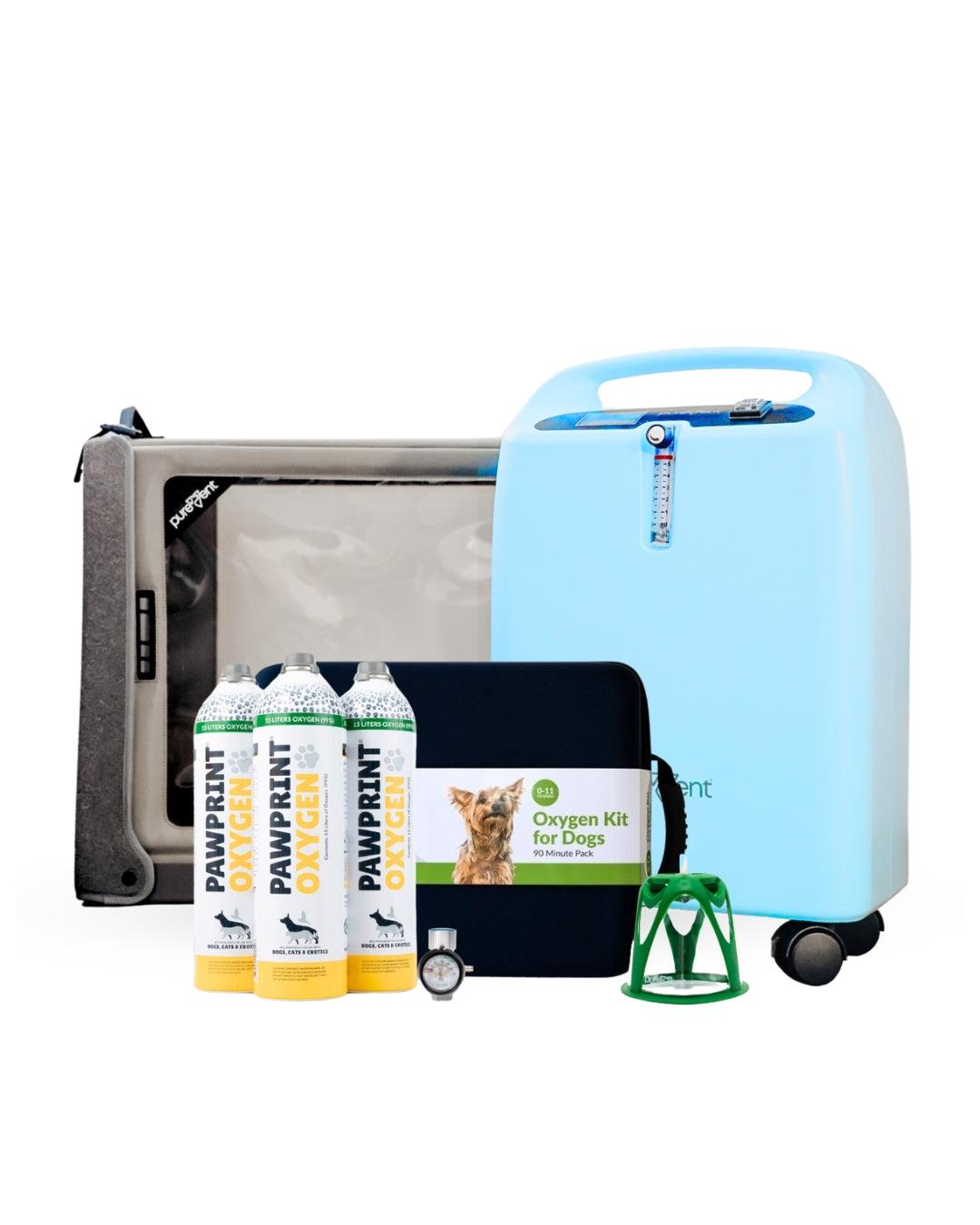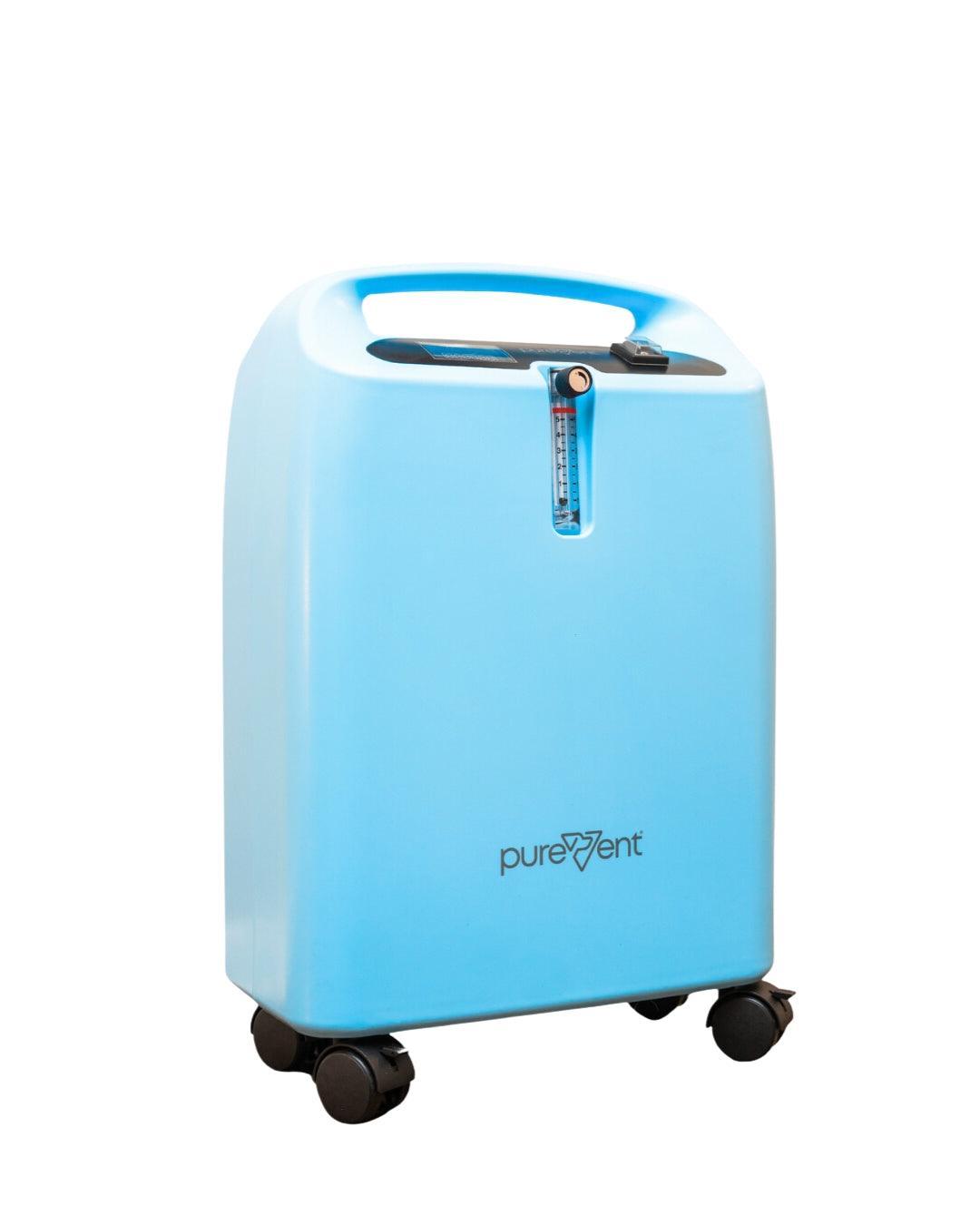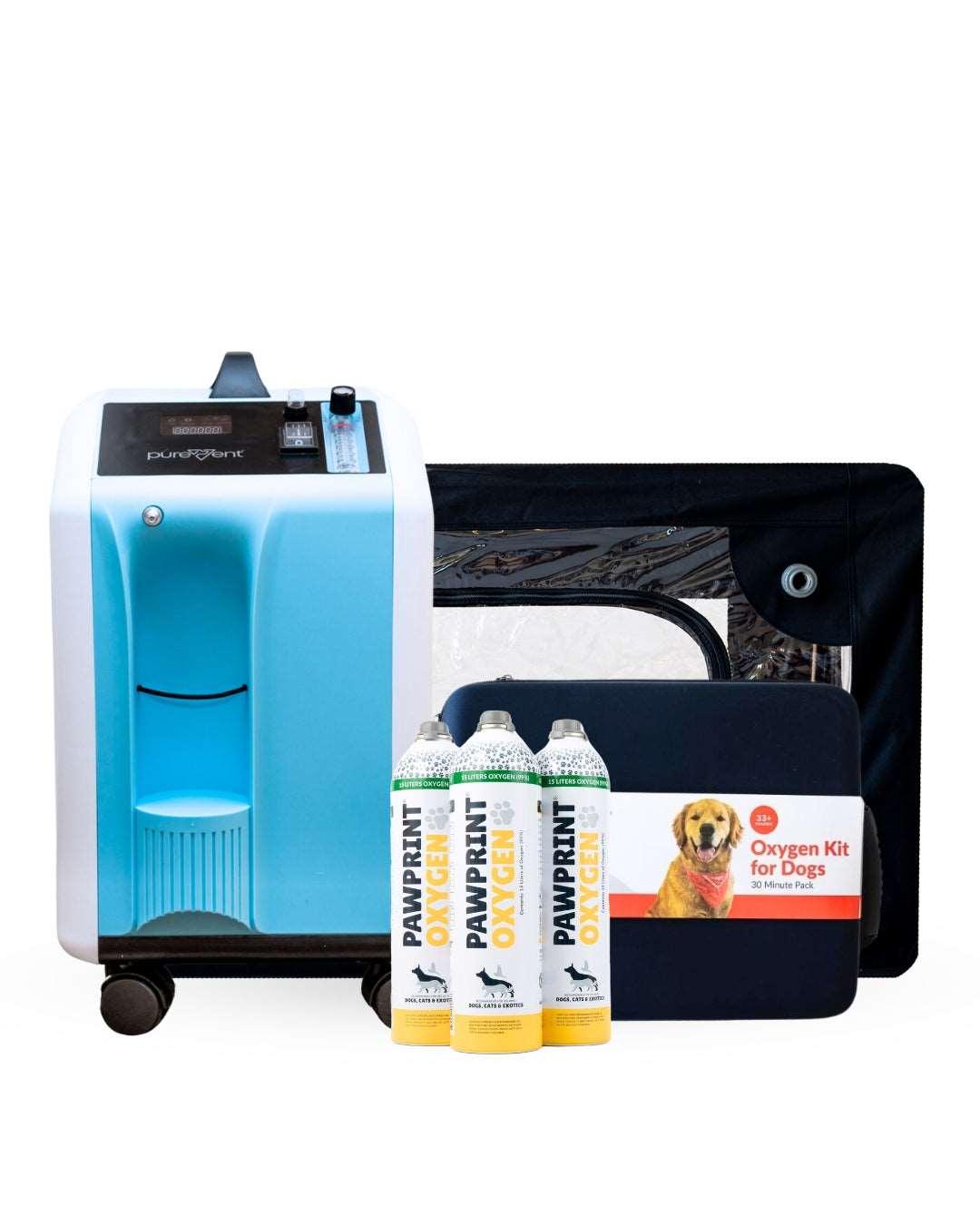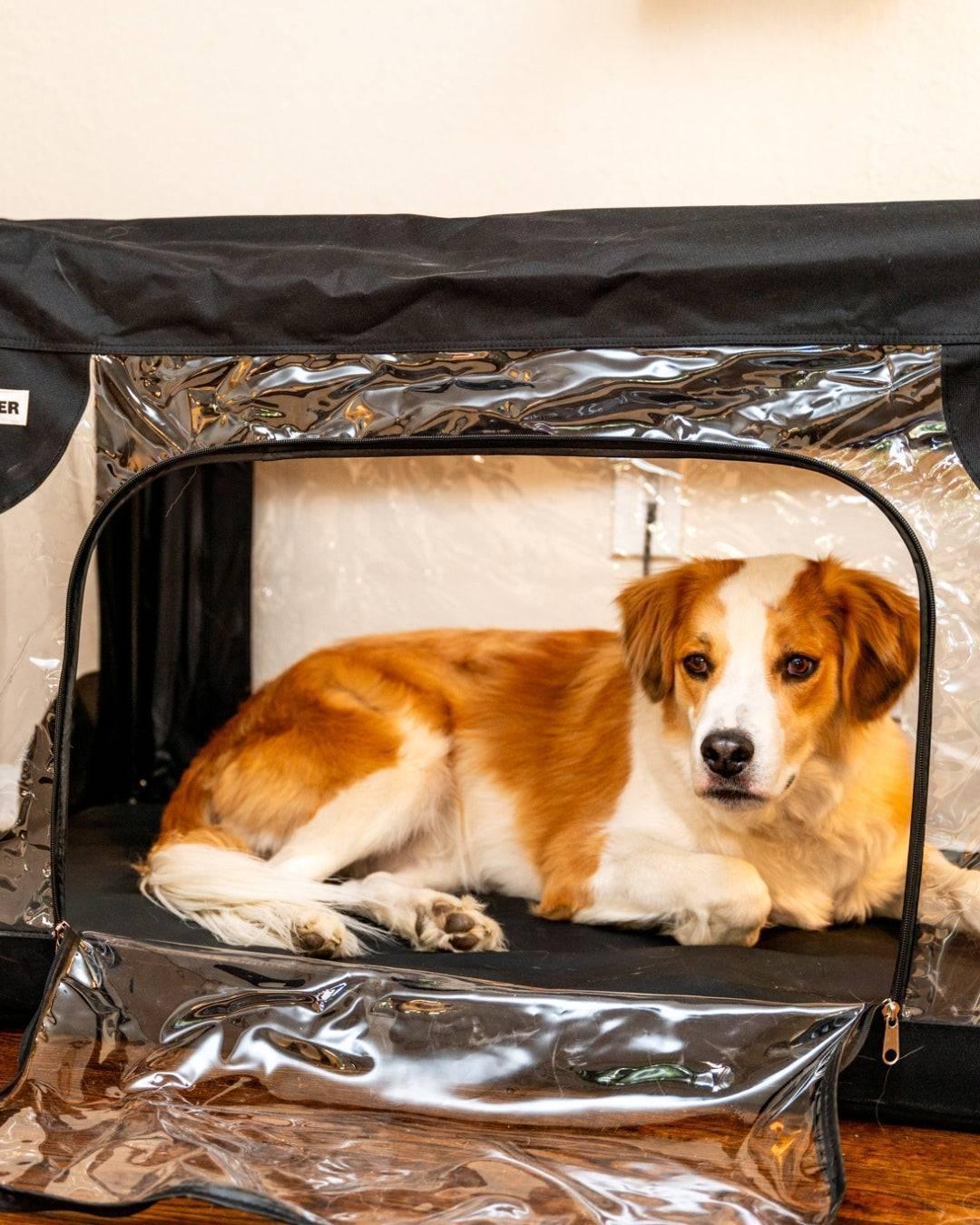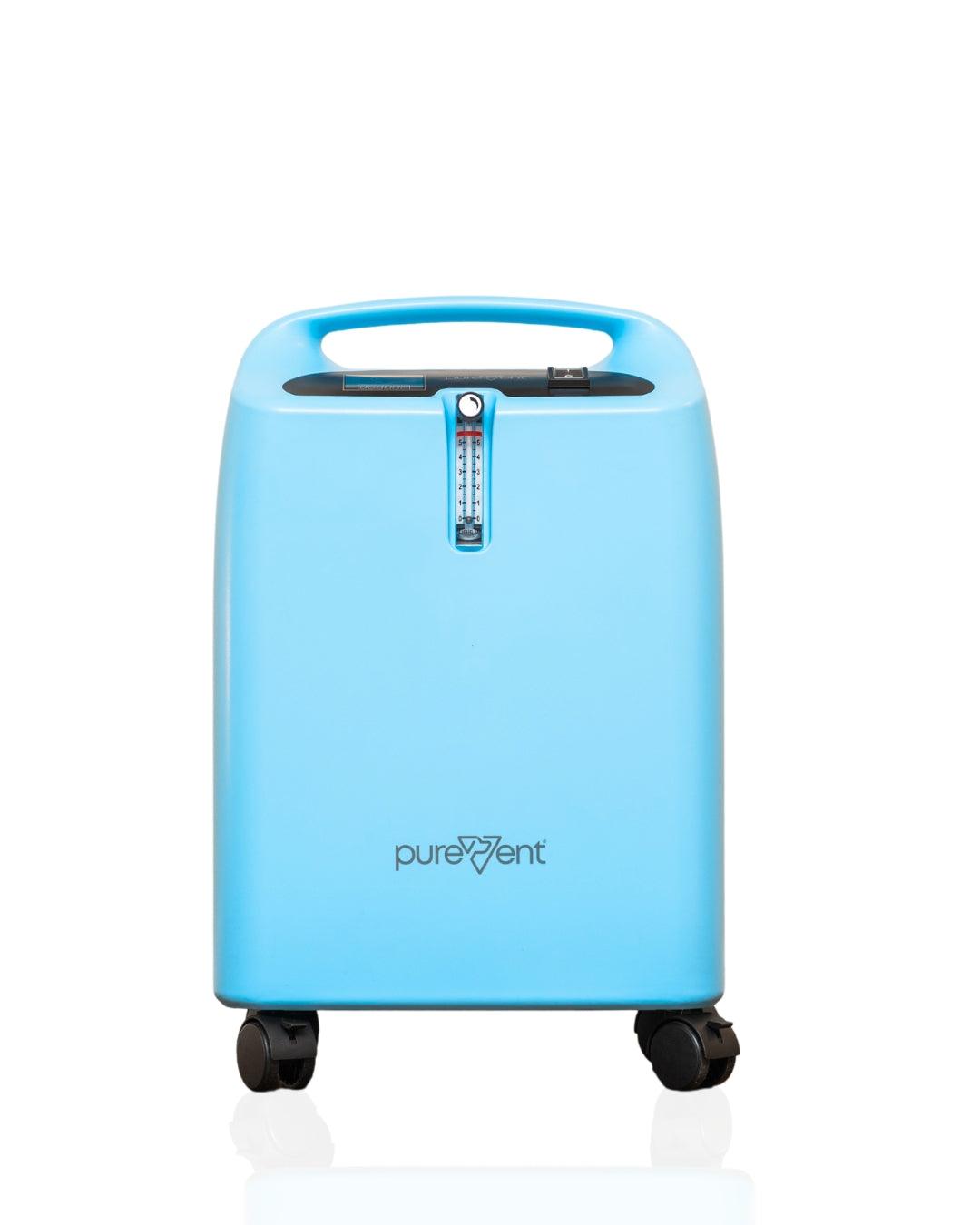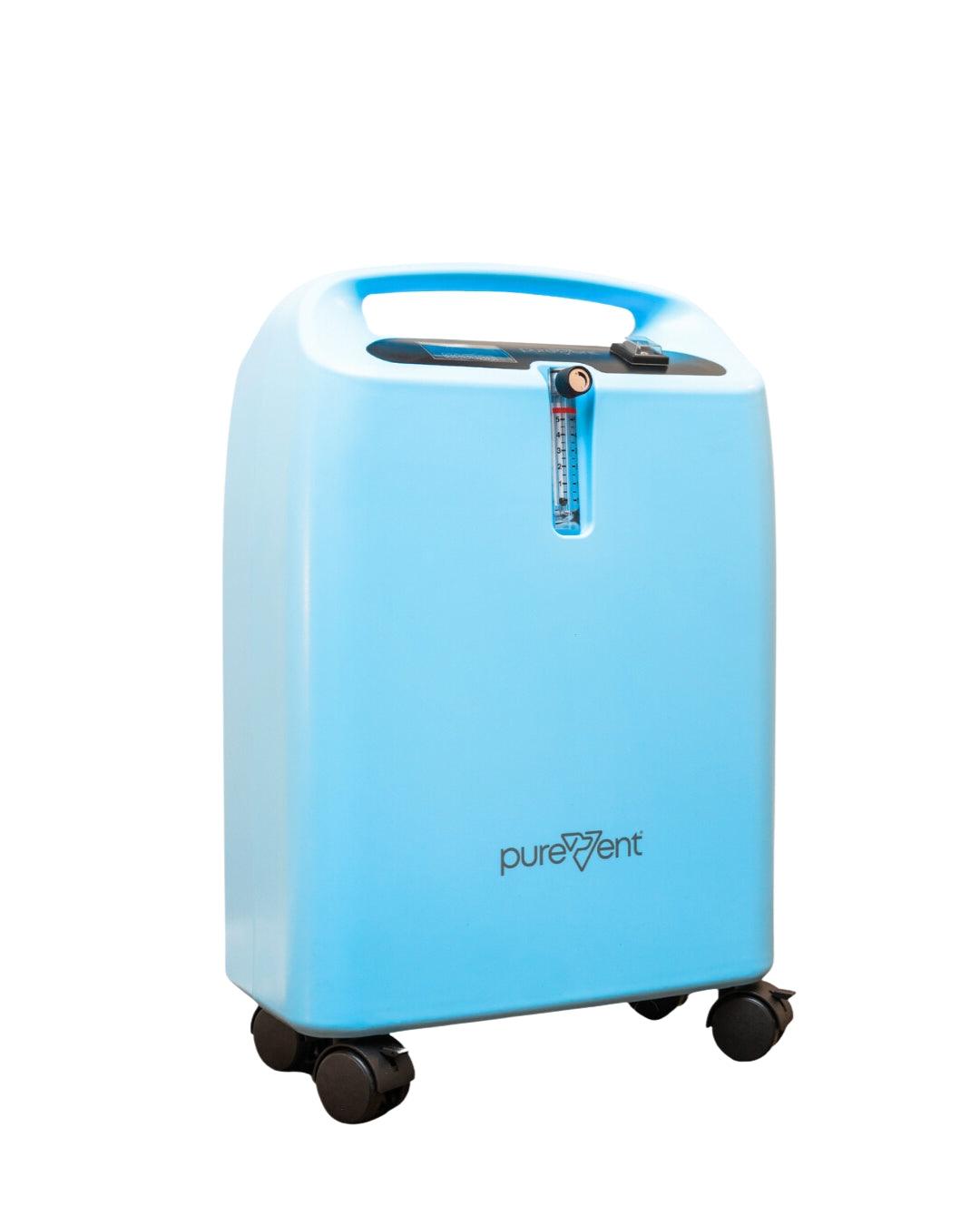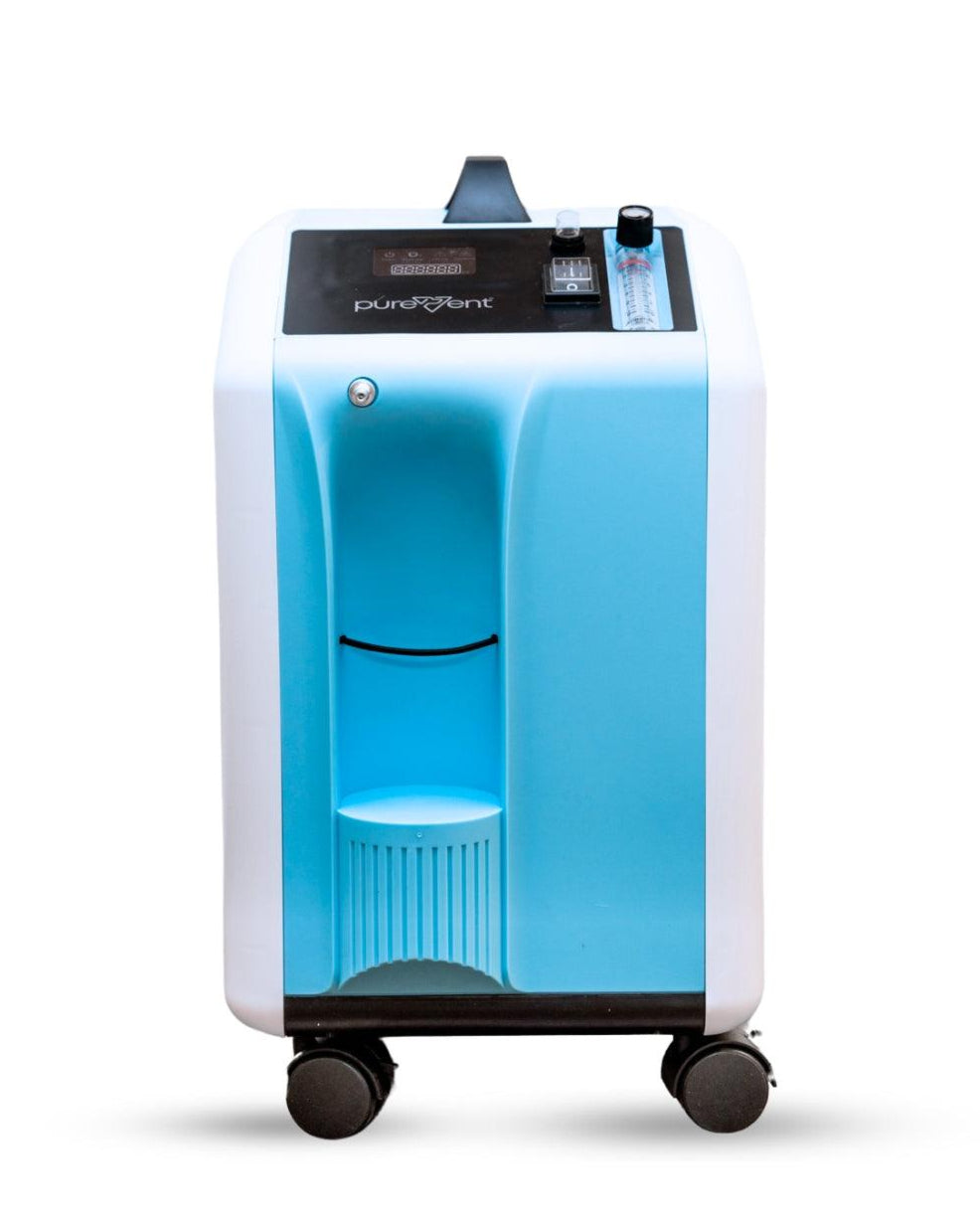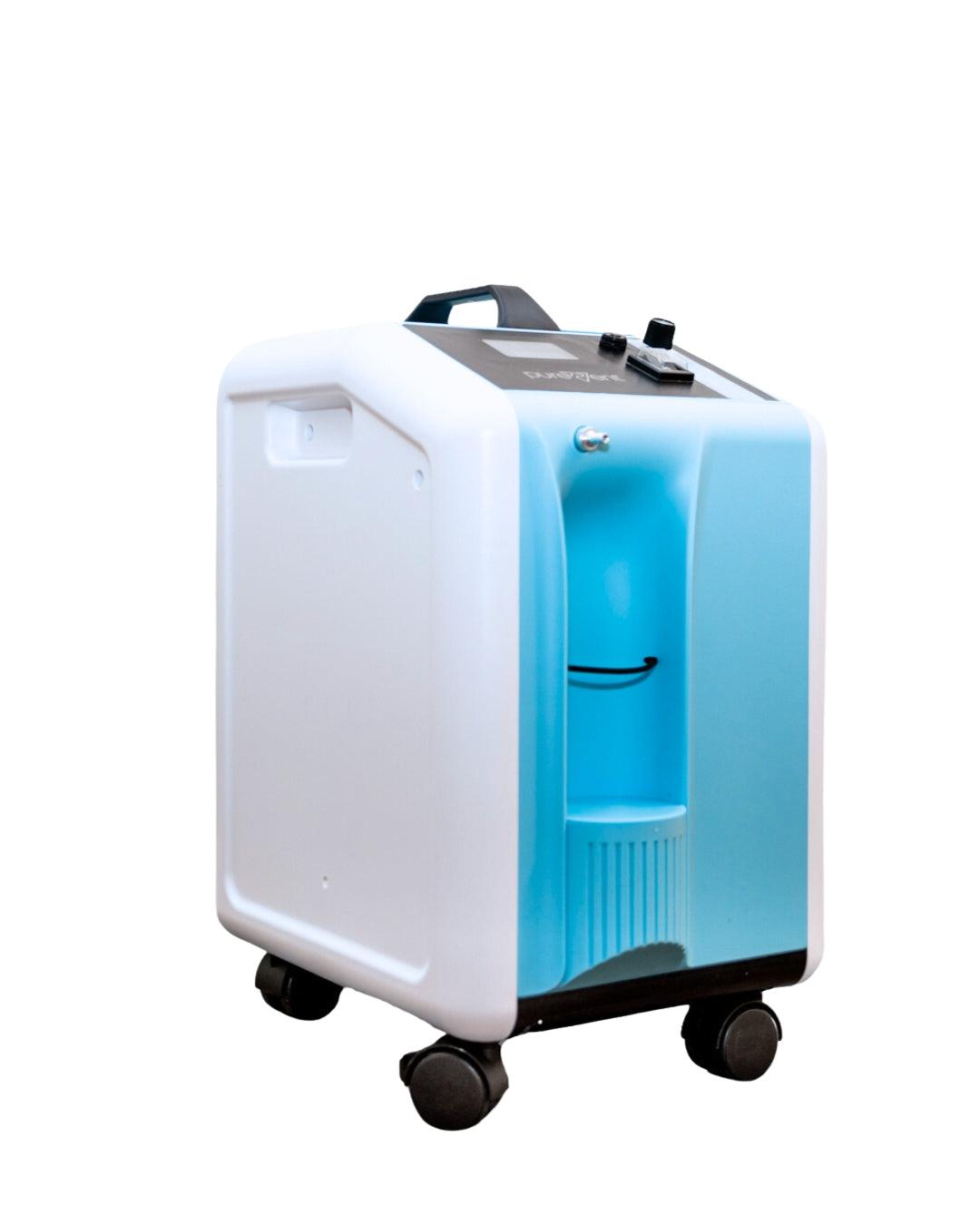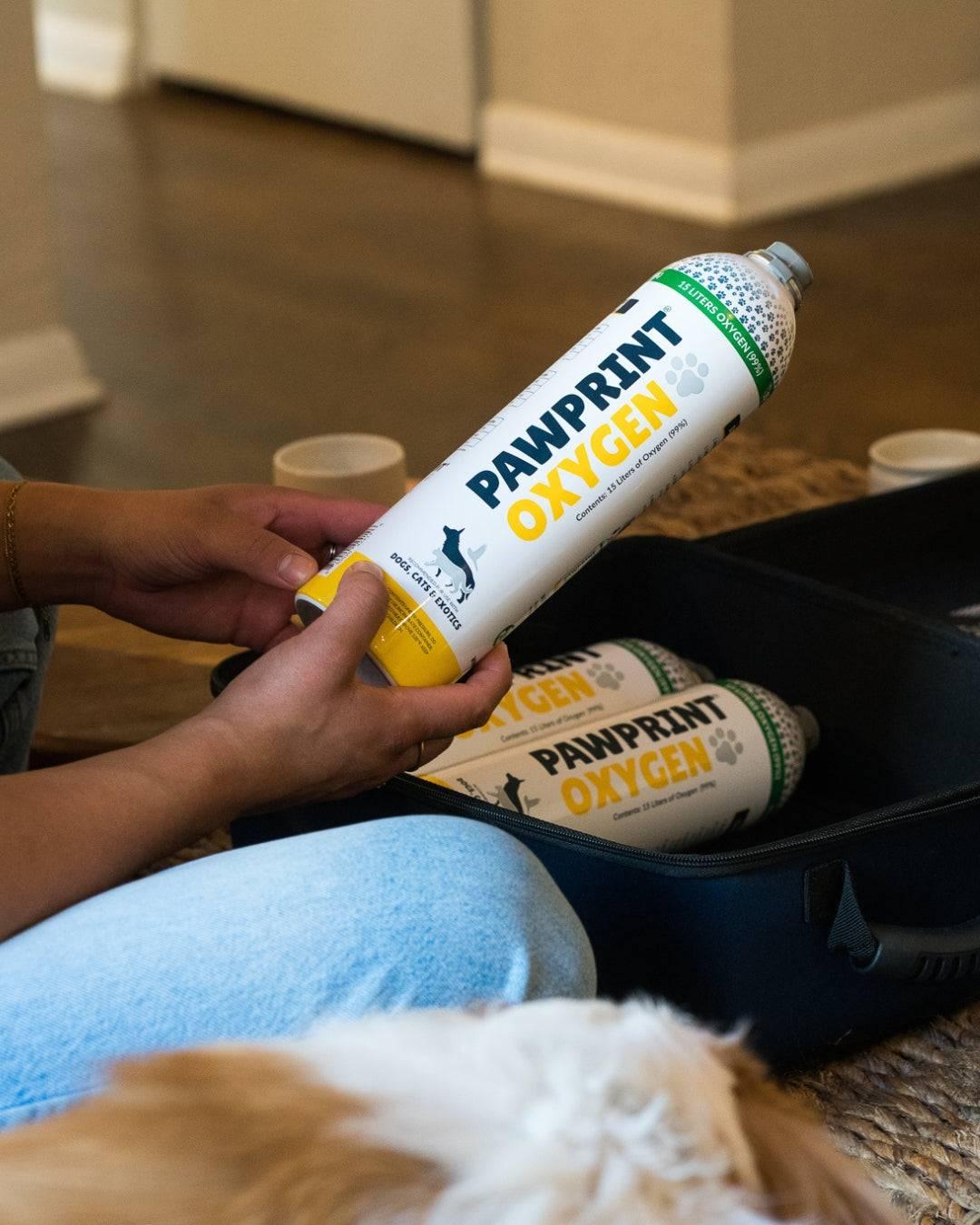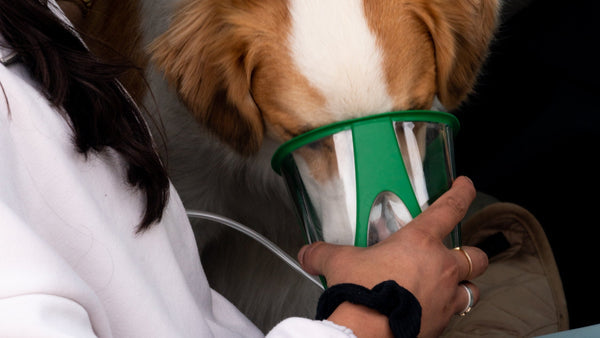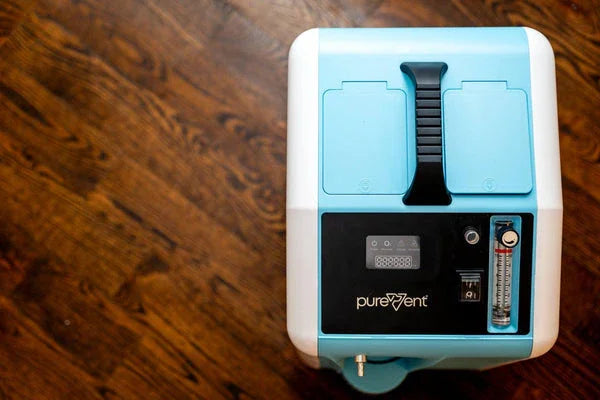What Is Collapsing Trachea in Dogs?
Collapsing trachea, also known as tracheal collapse, is a condition where the trachea, or windpipe, becomes weakened and loses its rigid structure, causing it to flatten or collapse. Collapsing trachea primarily affects small breeds, but has been diagnosed in large breed dogs and cats, as well. In this comprehensive guide, we will delve into the intricacies of collapsing trachea, exploring the conditions causes, symptoms, and treatment options.
The trachea plays a critical role in transporting air to and from the lungs. When the trachea narrows or completely collapses, airflow is restricted, making it very difficult for dogs to breathe.
The exact cause of tracheal collapse is still not fully understood, but it is believed to be a combination of genetic and environmental factors. Some dogs may be born with a predisposition to the condition, while others may develop it due to age-related degeneration or trauma. Additionally, certain factors such as obesity, respiratory infections, and exposure to irritants like cigarette smoke can contribute to the weakening of the tracheal cartilage.
Diagnosing collapsing trachea in dogs can be challenging, as the symptoms can vary and mimic other respiratory conditions. However, by recognizing the common signs and seeking veterinary help, you can proper diagnose collapsing trachea and start the necessary treatment to improve your dog's quality of life.
Symptoms of Collapsing Trachea
The symptoms of collapsing trachea can be subtle at first but gradually worsen over time. The most common signs include:
- Persistent cough that may sound like a 'goose honk'
- Difficulty breathing
- Wheezing
- Gagging
- Noise upon inhaling
- Cyanotic episodes (when the tongue or gums turns blue or purple)
These symptoms may be intermittent at first but usually become more frequent and severe as the condition progresses. Understanding the causes of collapsing trachea can help in managing the condition.
Diagnosing Collapsing Trachea in Dogs
If you suspect that your dog may have collapsing trachea, it is crucial to consult with a veterinarian for a proper diagnosis. The vet will perform a thorough physical examination, including listening to your dog's breathing and checking for any abnormal sounds or vibrations. They may also recommend further diagnostic tests, such as X-rays, tracheoscopy, or fluoroscopy, to get a clearer view of the trachea and rule out other possible conditions.
Diagnostic Tools for Collapsing Trachea in Dogs:
Clinical Examination
The initial step in diagnosing a collapsing trachea is a thorough clinical examination by your veterinarian. They will take a detailed history of your dog's symptoms and perform a physical exam, paying close attention to the respiratory system. During the exam, your veterinarian might elicit a cough by gently pressing on your dog's trachea, which can indicate tracheal sensitivity.
Radiography (X-rays)
Radiographs, or X-rays, are commonly used to visualize the trachea and assess its structure. X-rays can reveal the narrowing of the tracheal opening called a tracheal lumen, especially when taken during inspiration and expiration. However, the dynamic nature of collapsing trachea means that it may not always be visible on standard X-rays, making it necessary to use additional diagnostic tools.
Fluoroscopy
Fluoroscopy is a real-time X-ray technique that provides a continuous image of the trachea as your dog breathes in and out. This method is particularly useful for observing the dynamic collapse of the trachea during different phases of respiration. Fluoroscopy can offer more definitive evidence of collapsing trachea compared to standard radiography.
Endoscopy
Tracheoscopy or bronchoscopy involves inserting a small camera into the trachea to directly visualize its interior. This minimally invasive procedure allows veterinarians to assess the severity of the collapsing trachea, identify any concurrent conditions such as inflammation or infection, and sometimes collect samples for further analysis. Endoscopy provides a detailed view of the tracheal structure, aiding in accurate diagnosis and treatment planning.
Computed Tomography (CT) Scan
In some cases, a CT scan may be recommended for a more detailed and three-dimensional view of the trachea and surrounding structures. CT scans can help identify the extent of the collapse and any other anatomical abnormalities that may contribute to the condition. This advanced imaging technique is especially useful for complex cases or when surgical intervention is being considered.
Differential Diagnosis
It's important to differentiate collapsing trachea from other conditions that can cause similar respiratory symptoms, such as laryngeal paralysis, bronchitis, or heart disease. Your veterinarian may perform additional tests, including blood work, echocardiography, or airway sampling, to rule out other potential causes and ensure an accurate diagnosis.
Early and accurate diagnosis of collapsing trachea is essential for effective management and treatment. By understanding the diagnostic process, you can be better prepared to work with your veterinarian to provide the best possible care for your beloved furry companions.
Treatment Options for Collapsing Trachea
Treatment options for collapsing trachea depends on the severity of the condition and the individual needs of your dog. In mild cases, medication and lifestyle changes may be sufficient to alleviate the symptoms and improve your dog's quality of life. However, in more severe cases, surgical intervention may be necessary. The goal of treatment is to reduce symptoms, improve quality of life, and prevent further tracheal collapse. Here are the primary treatment options:
Lifestyle Modifications
Weight Management: Maintaining a healthy weight is crucial for dogs with collapsing trachea. Excess weight can exacerbate respiratory issues, so a balanced diet and regular exercise are essential.
Environmental Control: Minimizing exposure to environmental irritants such as smoke, dust, and strong perfumes can help reduce coughing and respiratory distress. Using a harness instead of a collar can prevent pressure on the trachea during walks.
Stress Reduction: Reducing stress and avoiding excessive excitement can help manage collapsing trachea symptoms. Creating a calm environment and using anxiety-reducing techniques can be beneficial.
Medical Management
Cough Suppressants: Medications such as hydrocodone or butorphanol can be prescribed to reduce coughing and improve comfort.
Bronchodilators: These medications help open the airways, making it easier for the dog to breathe. Common bronchodilators include theophylline and terbutaline.
Anti-Inflammatories: Steroidal and non-steroidal anti-inflammatory drugs (NSAIDs) can reduce inflammation in the trachea, easing symptoms. Corticosteroids like prednisone are often used, but long-term use should be monitored due to potential side effects.
Antibiotics: If a secondary infection is present, antibiotics may be necessary to clear the infection and reduce respiratory symptoms.
Supplemental Oxygen: Oxygen therapy is typically used during times of respiratory crisis or when a dog exhibits severe breathing difficulties.
Surgical Intervention
For severe cases that do not respond to medical management, surgical options may be considered:
Tracheal Stenting: This minimally invasive procedure involves placing a stent within the trachea to keep it open. The stent supports the tracheal structure, preventing collapse during breathing.
Tracheal Ring Placement: In this procedure, plastic rings are surgically placed around the trachea to provide external support and prevent collapse. This option is typically reserved for specific cases where the collapsing trachea is localized and severe.
Alternative Therapies
Some dogs may benefit from complementary therapies alongside traditional treatments:
Acupuncture: This ancient practice can help reduce inflammation and improve respiratory function. Many pet owners report positive outcomes when using acupuncture as part of a holistic treatment plan.
Herbal Remedies: Certain herbs, such as licorice root and marshmallow root, have anti-inflammatory properties and may help soothe the trachea. Always consult with a veterinarian before introducing herbal supplements to ensure they are safe and appropriate for your dog.
Ongoing Monitoring and Care
Regular veterinary check-ups are essential for dogs with collapsing trachea. Monitoring your dog's condition allows for timely adjustments to the treatment plan and ensures that any complications are promptly addressed.
With a combination of these treatment options and a proactive approach to care, many dogs with collapsing trachea can lead comfortable and fulfilling lives. Always work closely with your veterinarian to determine the best treatment plan tailored to your dog's specific needs.
Using Oxygen Therapy for Dogs with Collapsing Trachea
Oxygen therapy can be a critical component in managing dogs with collapsing trachea, particularly during acute respiratory distress episodes. By increasing the oxygen concentration that your dog breathes, this therapy can help alleviate symptoms, improve oxygen saturation in the blood, and provide significant relief. Always work closely with your veterinarian to tailor the oxygen therapy regimen to your dog's specific needs.
Benefits of Oxygen Therapy
- Immediate Relief : Provides quick relief from respiratory distress by increasing oxygen availability.
- Improved Oxygenation : Enhances oxygen levels in the blood, supporting overall respiratory function and reducing strain on the heart and lungs.
- Stress Reduction : Alleviates anxiety and discomfort associated with breathing difficulties, promoting a sense of well-being.
When to Use Oxygen Therapy for a Collapsing Trachea
Oxygen therapy is typically used during times of respiratory crisis or when a dog exhibits severe breathing difficulties. It can be particularly helpful in the following situations:
- Acute Respiratory Distress : If your dog is experiencing a sudden onset of severe coughing, wheezing, or labored breathing, oxygen therapy can provide immediate relief.
- Post-Surgical Recovery : After surgical procedures such as tracheal stenting or ring placement, oxygen therapy can support recovery by ensuring adequate oxygen levels.
- Chronic Management : For dogs with advanced collapsing trachea, regular oxygen therapy sessions might be recommended to maintain better overall respiratory function.
Managing a dog with collapsing trachea requires a combination of vigilant care, appropriate medical treatment, and lifestyle adjustments. By understanding the symptoms, diagnosis, and various treatment options of collapsing trachea, pet owners can take proactive steps to improve their dog's quality of life.
Implementing practical tips such as weight management, environmental control, and stress reduction can significantly alleviate symptoms. Additionally, oxygen therapy and other medical interventions can provide critical support during respiratory distress episodes caused by collapsing trachea.
Always maintain open communication with your veterinarian to tailor a comprehensive care plan that meets your dog's specific needs. With patience, dedication, and the right approach, you can help your dog lead a comfortable and fulfilling life despite the challenges of collapsing trachea.



